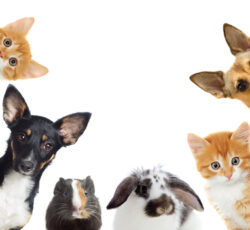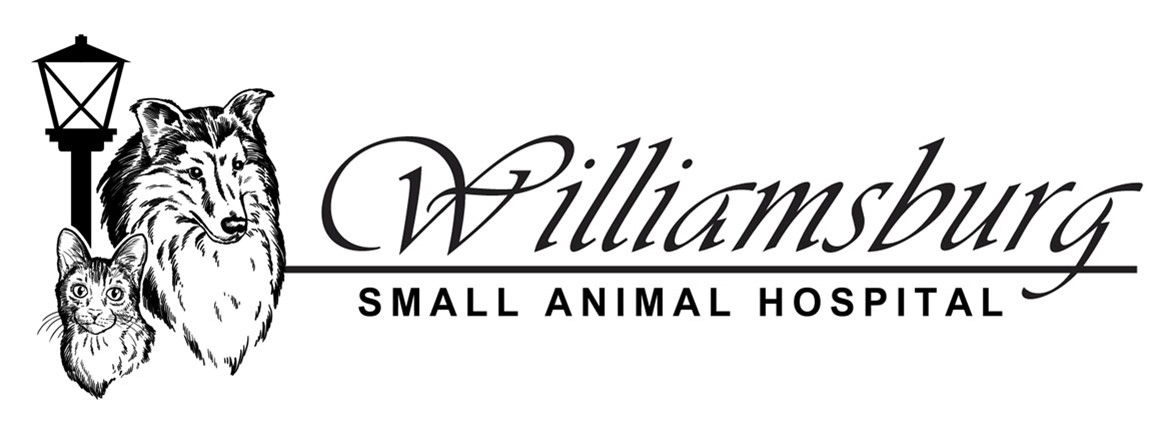The Most Common Health Problems in Small Animals
 Small animals, such as hamsters, guinea pigs, rabbits, and ferrets, make wonderful companions. However, like any living creature, they are susceptible to various health issues. Understanding the most common health problems in small animals is crucial for pet owners to recognize early symptoms and seek appropriate veterinary care. In this blog post, we will explore the most prevalent health problems in small animals and discuss ways to prevent and manage these conditions.
Small animals, such as hamsters, guinea pigs, rabbits, and ferrets, make wonderful companions. However, like any living creature, they are susceptible to various health issues. Understanding the most common health problems in small animals is crucial for pet owners to recognize early symptoms and seek appropriate veterinary care. In this blog post, we will explore the most prevalent health problems in small animals and discuss ways to prevent and manage these conditions.
1. Respiratory Issues:
Respiratory problems are common among small animals, particularly in hamsters and guinea pigs. These pets can develop respiratory infections caused by bacteria, viruses, or fungal agents. Symptoms may include sneezing, coughing, nasal discharge, labored breathing, and lethargy. Owners should ensure proper ventilation, maintain a clean living environment, and promptly seek veterinary care if respiratory symptoms arise.
2. Dental Diseases:
Dental problems are prevalent in small animals due to their continuously growing teeth. Overgrown teeth, malocclusion, and tooth root abscesses are commonly observed in rabbits and guinea pigs. These conditions can lead to pain, difficulty eating, drooling, weight loss, and even behavioral changes. Regular dental examinations by a veterinarian and providing appropriate chew toys or fibrous food can help prevent and manage dental diseases.
3. Gastrointestinal Issues:
Small animals are prone to various gastrointestinal problems, including diarrhea, bloating, and gastrointestinal stasis. These issues can be caused by dietary changes, improper nutrition, stress, or underlying health conditions. Pet owners should maintain a balanced diet, offer adequate amounts of fresh hay or fibrous food, and monitor their pet’s eating and bowel movements. Consultation with a veterinarian should be sought if gastrointestinal problems persist.
4. Urinary Tract Infections:
Urinary tract infections are common in small animals, particularly in rabbits and guinea pigs. These infections can lead to pain during urination, blood in the urine, frequent urination, or even urinary blockages. Providing a clean and hygienic living environment, encouraging proper hydration, and ensuring a balanced diet low in calcium oxalates can help prevent urinary tract infections. If symptoms arise, prompt veterinary care is necessary for appropriate diagnosis and treatment.
5. Skin Conditions:
Skin problems are prevalent among small animals, including mites, fungal infections, and allergies. These conditions can cause itching, hair loss, redness, scabs, and lesions on the skin. Maintaining good hygiene and regularly cleaning the pet’s living space can help prevent certain skin conditions. In case of skin issues, seeking veterinary advice is crucial to determine the underlying cause and provide appropriate treatment.
6. Parasites:
External and internal parasites are a common concern for small animals. Fleas, ticks, mites, and worms can infest these pets, causing discomfort, itching, anemia, and even more severe health problems. Regular examinations by a veterinarian and preventative treatments, such as flea and tick medications or deworming, are essential to keep small animals parasite-free.
Conclusion:
Owning a small animal comes with the responsibility of providing necessary care to maintain their health and well-being. Being aware of the most common health problems in small animals allows pet owners to recognize early signs of illness and seek veterinary care promptly. By ensuring a suitable living environment, maintaining proper nutrition, and regularly consulting with a veterinarian, pet owners can help prevent and manage the prevalent health issues in small animals, ensuring a happy and healthy life for their beloved furry companions.
Got Questions? Let Us Help!
Welcome to Williamsburg Small Animal Hospital where our friendly, professional, and competent staff is here to help you with all your pet care and animal hospital needs. We provide emergency vet services for our clients only. Williamsburg Small Animal Hospital offers pet boarding, geriatric medicine, pain management, laser surgery, an in house laboratory, has pet supplies for sale, and specializes in small animal medicine, surgery, and dentistry. Contact us today to learn more about what we can do for you!
